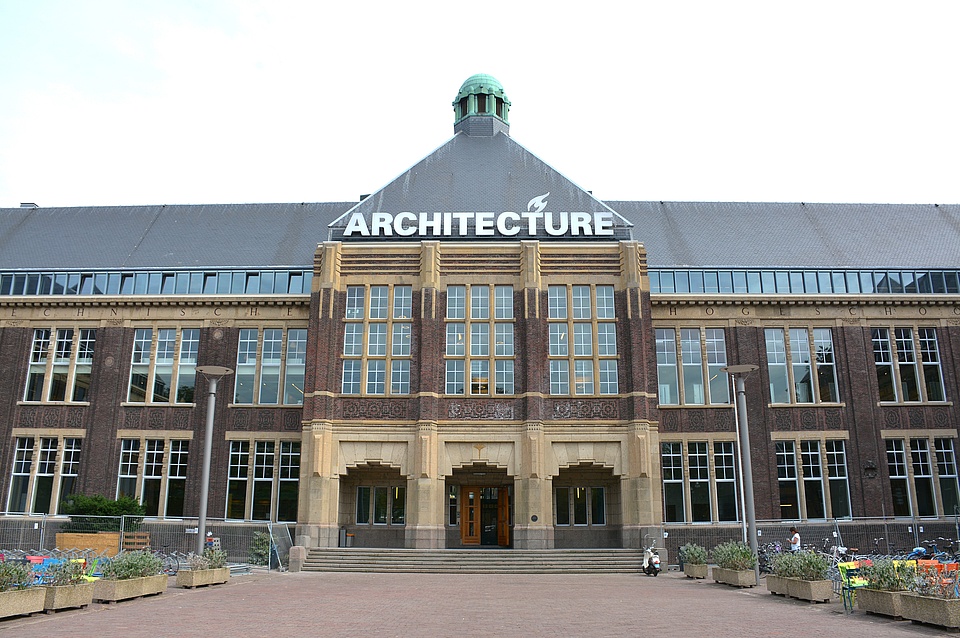Erasmus+ program: Digital Erasmus − A pan-European approach to teaching building performance and resilient design
![]()
Who is this for?
![]()
Are you enrolled in an undergrad or postgrad course from of one of the participant universities? Missing international collaborations? Feeling like international exchange programmes are a distant memory?
If you are interested in:
-
Energy monitoring,
-
Indoor environmental quality, and
-
Building simulation and calibration;
the DESRes programme is what you are looking for!

How does it work?
![]()
You enrol and attend the course remotely, interacting with students from several countries and learning from experts in their respective fields. Upon completion, credits for the course are granted similarly to a traditional Erasmus program course.
Check below the courses available and get in contact by email for details on the enrolment process.

Module #1 (TU Graz) - Energy Monitoring and Effects on Indoor Climate

![]()
Following the module, students will have a deeper understanding of technical solutions, to record and assess the thermal and energetic properties of buildings (including the thermal envelope, building loads, services and data on occupant behaviour and thermal comfort). In addition, students will learn important data processing skills (including how to manage, store, analyse, interpret and present a wide variety of data).
![]()
Module #2 (TU Delft) - Technoledge Health & Comfort

![]()
Following the module, students will be able to explain the current theories on indoor air quality, visual quality, thermal quality and acoustical quality and assess the indoor comfort of an existing building and suggest improvements or execute a research project on indoor comfort. In addition, students will learn how to analyse relevant scientific literature on indoor comfort and write a consistent and coherent scientific report on this topic.
![]()
Module #3 (University of Strathclyde) - Energy Modelling and Monitoring

![]()
Following the module, students will be able to generate and adapt computer models, undertake simulations and analyse predicted performance for a range of passive and active energy technologies. In addition, students will learn how to write technical reports that demonstrate an understanding of the main factors that influence energy and environmental performance, and the capabilities of the modelling programs used in the module to predict performance.
![]()
Meet our team
Disclaimer
The Digital Erasmus project has been funded with the support of the Erasmus+ Programme (grant agreement no.: 2020-1-AT01-KA226-HE-092643) of the European Union. This website reflects the views of its author(s) only and the European Commission cannot be held responsible for any use that may be made of the information contained herein.
